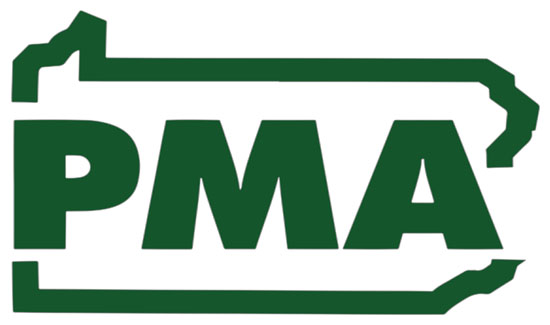Liquified Natural Gas Opportunity Knocks in SE PA

Delaware County, the Greater-Philadelphia area, and all of Pennsylvania stand to benefit from the development of a liquified natural gas (LNG) export hub, but surrendering to the radical Greens’ anti-production agenda will let another transformational economic investment slip away. Opportunity is knocking, but competitor states will be glad to take our place if we don’t answer.
Both the potential benefits of a proposed LNG export in Chester, and the roadblocks to it, were laid out recently by PMA Executive Director Carl A. Marrara before the Philadelphia LNG Task Force hearing at Widener University. Marrara released the results of economic modeling based on a similar facility in Maryland, showing “in a five-year snapshot” that the proposed riverfront location in Chester (a brownfield site) would support no less than 31,248 jobs, $2.7 billion dollars in labor income earned, $4.3 billion in gross state product, $7.1 billion dollars in total output, and $714 million in tax revenue.
There’s more:
“Manufacturing jobs have the greatest multiplier effect of any other industry due to the feedstock required to make the finished good and the distribution of that good to market,” Marrara told the Task Force, chaired by State Rep. Martina White (R-Phila.). “This model shows this through the large number of indirect and induced jobs created. These are high-value jobs in the areas of custom computer programming design, management of companies, truck transportation, and in the medical and educational fields.”
One proposed project includes a $4 billion to $8 billion project that would be built by Penn America Energy on 100-acres. It would export seven million metric tons of LNG annually, and the company says that it would reduce shipping time by 30% compared to shipping from a Louisiana LNG terminal. After construction, the facility would be 99 percent carbon neutral, for those with sensible environmental concerns.
Or the site will remain empty and the jobs will never materialize. Marrara reminded members of the Task Force that just a few years ago a Brazilian-based leader in the plastics supply chain, Braskem, considered another Delaware County site in Marcus Hook for a plant but ultimately awarded this project to La Porte, Texas because of Pennsylvania’s expected delays in building the infrastructure needed for the plant to function. The company’s American headquarters was in downtown Philadelphia only a few miles away from the proposed site.
“Pennsylvania lost out on 1,300 construction jobs and nearly 100 full time manufacturing jobs, with other manufacturers that would have surely located near the feedstock they would have produced,” Marrara said.
He cited major policy changes we need, some on the state and some on the federal level, to ensure Pennsylvania is a top competitor for this and other projects in the future. Two of the changes involve streamlining the permitting process both for construction of the plants and the construction of pipelines – the safest, most reliable way to transport the gas to the planned site.
We also need to change — or outright eliminate — the Jones Act, a post First World War federal law requiring goods shipped between U.S. ports to be transported on ships that are built, owned, and operated by United States citizens or permanent residents. He noted. “Currently, we have no U.S.-flagged LNG carriers, meaning that no American LNG can be transported from port to port.”
He said we need workforce and training programs specific to the job descriptions required to operate the project. According to PMA’s economic modelling, 30% of the jobs for this potential project require a certificate, some college, or an associate degree (or equivalent). In Delaware County, 24% of workers currently possess these needed levels of certification.
And finally, we need to enact policies on the state level that will encourage employers to locate, expand and hire here rather than another state. This means restraining spending, enacting pro-growth business tax relief, placing limits on lawsuit abuse, and improving the regulatory climate.
The potential payoff is massive and long term.
“Others have shared the importance of LNG in the global marketplace with you in previous hearings, but it begs repeating,” Marrara said. “LNG is a fuel source that the world is craving, and which has drastically lowered worldwide emissions in the past two decades as more and more power facilities and manufacturing plants are transitioning from coal and oil to a cleaner and more efficient natural gas. Every indicator shows global LNG demand rising, and with the large quantities of natural gas in Pennsylvania, we can help supply the world, especially as our overseas allies seek to disentangle themselves from foreign adversaries such as Russia and Saudi Arabia.”




